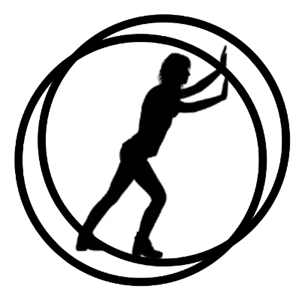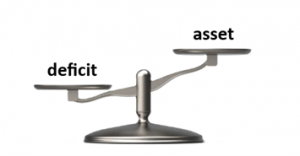This is my third post where I expand on what I chose to include in my recently updated LinkedIn profile.
“I am not interested in trotting out the usual disability narrative; it’s still valid, but it bores me and I think you should expect more”.
I totally get that disabled people have plenty to legitimately moan about. I understand, and even agree that this is the right course of action sometimes. Discrimination, exclusion and poor practise needs calling out, as it remains too often the experience of too many.
When people repeatedly hear the same thing said in the same way they inevitably switch off, even when it’s valid.
Creating change requires extensive ‘buy-in’ from a wide range of stakeholders. To be heard, and then listened to, we need to be prepared to tell our stories differently, reframe our messages and re-consider our approach.
I work largely with disabled professionals and organisations around inclusive workplaces and career progression.
Reframing workplace adjustments.
I find framing the conversation about workplace adjustments in-part around performance helps present a different perspective. It takes the needy, charity sting from the conversation which disabled professionals like.
Disabled professionals I work with want to do their best at work. They want to add value and do a good job. Guess what…. that is also what the managers we work with want too. Finding mutual ground is a great place to start, ‘I want what you want, so let’s talk about this’.
Disabled professionals tend to find it more comfortable to frame a request as, ‘this is what I need in order to be as effective as I can be’. For line managers it makes sense to frame workplace adjustments as, ‘if I give you this, you can work better, smarter, more accurately etc’.
We suggest line managers take the view:
- If providing an adjustable desk means you can manage your pain better and therefore produce better work over longer periods, then it is worth consideration.
- If giving you an additional rest break means you return able to function better, then that is worth consideration.
- If working from home means you can focus and produce your best work, then that is worth consideration.
If disabled professionals ask for what they need, without shame and frame it as a business need, they are prioritising effectiveness. If managers don’t implement what is required to work effectively then, arguably they are complicit in any underperformance.
An asset-based approach
I’ve come across disabled people who have totally nailed the asset-based approach. They have recognised what living and working with their impairments and health conditions give them and use it to great effect. This asset-based approach is particularly effective in recruitment. We know disabled people who say, ‘you are looking for these key skills, living with my impairment means I demonstrate these all day everyday’. Suddenly, the recruiter is viewing their disability as a reason to employ them. We talk in these terms on our personal/career development programme and frequently hear from past delegates who reframe how they think about what they have, present their disability in-line with their new thinking and get promoted.
Recruiters and line managers can adopt this approach too. Where appropriate (and legal) ask disabled candidates, ‘what does your lived experience give you?’ then, ‘what do you need to be effective?’.
#Disability #Inclusion #Diversity #WorkplaceAdjustments #DisabilityConversation




